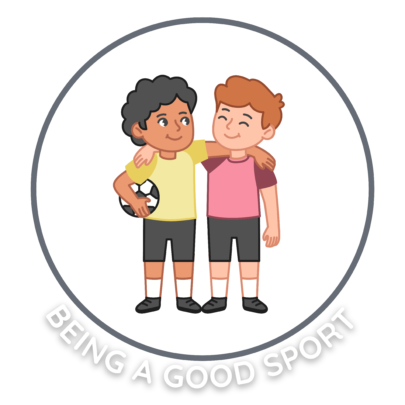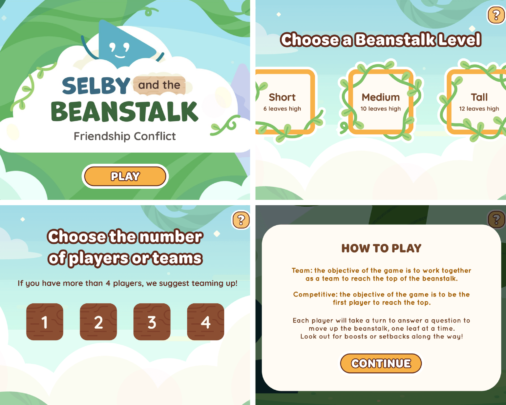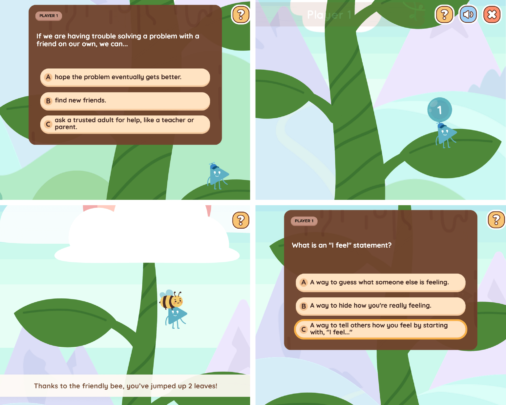
Introduction
Children are constantly learning and growing, not just academically, but socially as well. One of the most critical aspects of their social development is learning play skills and understanding the importance of positive teamwork. These foundational skills not only enhance their ability to interact positively with peers but also help in resolving conflicts that naturally arise in friendships.
Why Teaching Play Skills is Crucial
Teaching elementary students play skills is essential for several reasons. Firstly, it helps children understand how to interact appropriately in various play scenarios. These skills include sharing, taking turns, and following rules—actions that are pivotal in establishing a sense of fairness and cooperation. Play skills also encompass problem-solving and conflict resolution, which are vital when disagreements arise during playtime.
Positive teamwork, a subset of play skills, teaches children how to handle winning and losing gracefully. It encourages them to appreciate the effort and participation of all players, fostering a positive and inclusive environment. By learning to be a good team player, children develop empathy and respect for others, which are fundamental components of healthy friendships.
When students possess strong play skills and exhibit positive teamwork, they are better equipped to navigate and resolve conflicts. For example, if two friends argue over a game, a child with good play skills will be more likely to suggest fair solutions, communicate effectively, and maintain a positive relationship. This ability to resolve conflicts amicably can significantly reduce the incidence of prolonged disputes and enhance the overall classroom atmosphere.
Lesson Plan: Teaching Play Skills and Positive Teamwork
Objective
Students will learn to work together as a team, enhance their play skills, and practice positive teamwork to resolve friendship conflicts.
Materials Needed
- Computers or Tablets
- “Selby & Beanstalk: Friendship Conflict” Game
- Whiteboard and markers
Introduction (10 min)
-
Begin with a discussion on the importance of play skills and positive teamwork. Ask students to share examples of positive teamwork they have witnessed or demonstrated:
– Think about a group activity we did recently. How did you and your group members help each other succeed?
– Can you think of a time when you and a friend worked together to solve a problem at school? What was the problem and how did you solve it?
– Can someone share an example of how they helped a family member with a task at home? How did working together make it better? -
Explain how these skills can help resolve conflicts and strengthen friendships.
Game Explanation (10 minutes)
-
Introduce the game “Selby & Beanstalk: Friendship Conflict.” Explain the rules and objectives of the game, emphasizing the need for teamwork and fair play.
-
Highlight how the game will help them practice sharing, taking turns, and resolving disagreements.
Unlock the Selby & Beanstalk: Friendship Conflict
by signing up for a free trial today – no credit card required!


Access the Game Here!
Instant access to thousands of no-prep social skills activities, over 800+ video lessons, and engaging games designed to enhance learning and development.
Playing the Game (30 minutes):
-
Divide students into small groups, ensuring a mix of different personalities to foster diverse interactions.
-
Guide them through the game, providing support and intervention when necessary to reinforce positive play skills and teamwork.
-
Encourage students to communicate openly with their teammates and to make collective decisions.
Discussion and Wrap-up (15 minutes)
-
After the game, bring the students together for a discussion. Ask questions like:
– What challenges did you face during the game?
– How did you resolve any conflicts that arose?
– How did working together help you achieve your goals? -
Conclude the lesson by summarizing the key points about play skills and positive teamwork.
Conclusion
Teaching elementary students play skills and positive teamwork is a vital part of their social development. These skills not only enhance their ability to interact positively with others but also equip them to resolve conflicts amicably. Through interactive games like “Selby & Beanstalk: Friendship Conflict,” educators can provide practical, hands-on experiences that reinforce these essential skills.
More Social Skills Games
Maximize social skills learning, promote real-world interaction, provoke thoughtful discussions, and foster an environment of teamwork with interactive web games! Try out sample games here and access even more social skills games with a 14-day free trial!
Related Blog Posts:
Summer SEL Craft for Elementary Students
Elementary Labeling Feelings Lesson
Visual Tool for School Counselors to Support Emotional Regulation

